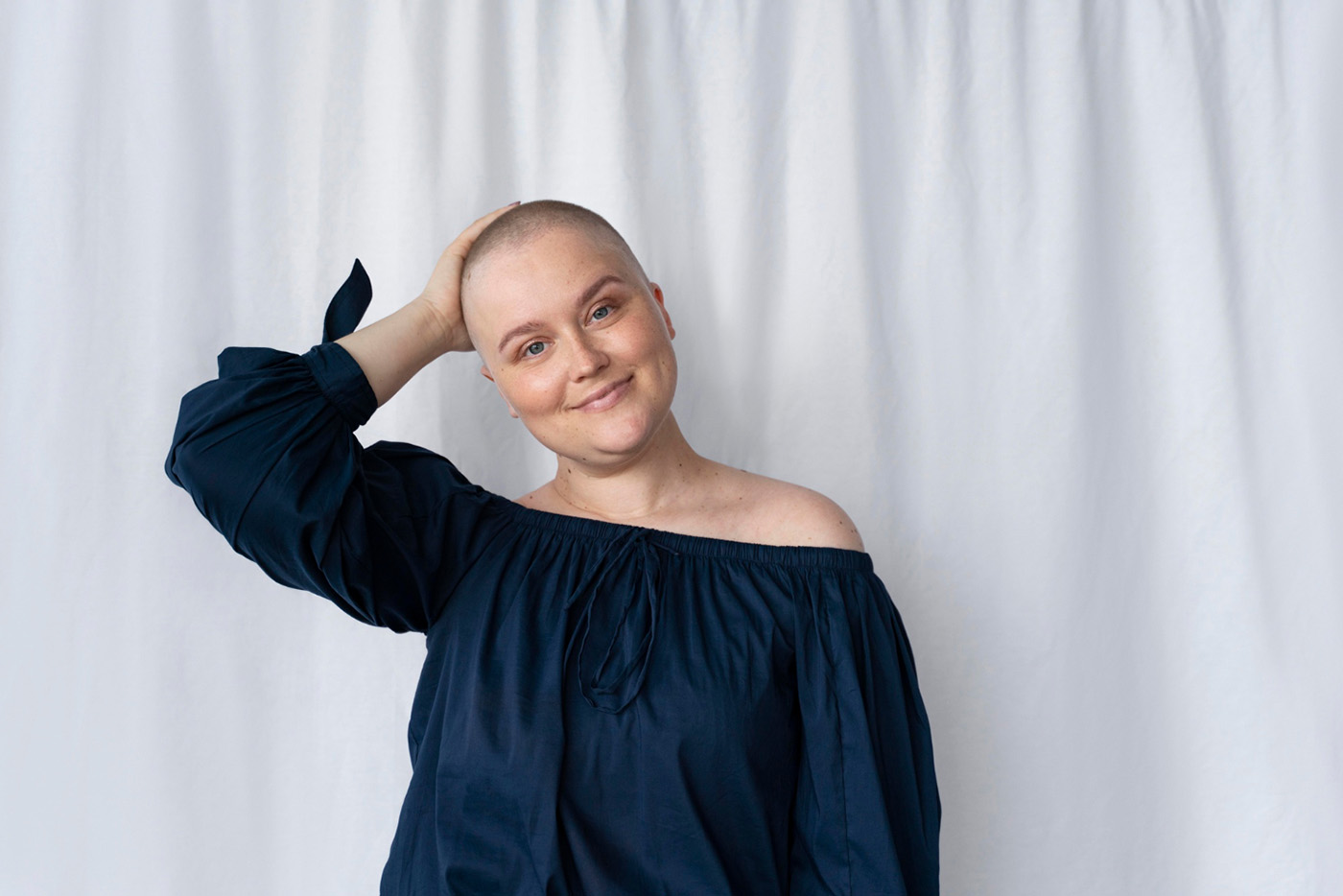

The Queen St Doctors at Manor Apartments , in the heart of Brisbane City CBD , do Skin checks for skin cancer and do treatments and excisions.( Drs Richter and Dr Cheong) .
You can book appointments online for them at www.Brisbanecitydoctors.com.au
Skin cancer is one of the most common forms of cancer worldwide. According to the World Health Organization (WHO), over 2 million people are diagnosed with skin cancer each year. With such high numbers, it is crucial to be proactive about skin cancer prevention and early detection. One of the best ways to do this is by undergoing regular skin cancer checks.
What is a Skin Cancer Check?
A skin cancer check, also known as a skin examination, is a thorough inspection of your skin conducted by a dermatologist or doctor. During a skin cancer check, your doctor will examine your skin for any unusual moles, growths, or changes in the appearance of your skin. They will also check for signs of skin cancer, such as asymmetrical moles, irregular borders, changes in colour, and moles that are larger than the size of a pencil eraser.
Why are Skin Cancer Checks Important?
Skin cancer checks are important for several reasons. Firstly, early detection is crucial in the treatment of skin cancer. When skin cancer is detected early, it is easier to treat and less likely to spread to other parts of the body. This can lead to a better prognosis and a higher chance of full recovery.
Secondly, skin cancer checks can also help to detect skin cancer at its earliest stage. The earlier skin cancer is detected, the better the chance of successful treatment. A skin cancer check can detect skin cancer when it is still in its early stages, when it is most treatable and has the best prognosis.
Thirdly, skin cancer checks can also help to detect other skin conditions that may lead to skin cancer. For example, some precancerous skin conditions, such as actinic keratosis, can be detected during a skin cancer check. These conditions can be treated to prevent the development of skin cancer.
Lastly, skin cancer checks can also help to identify any risk factors that may increase the likelihood of developing skin cancer. For example, if you have a family history of skin cancer, a skin cancer check can help to determine if you are at an increased risk of developing the condition.
How to protect yourself from the sun's harmful rays
The sun's harmful ultraviolet (UV) rays are the leading cause of skin cancer. To protect yourself from these harmful rays, it is essential to take the following steps:
Who Should Undergo Skin Cancer Checks?
Everyone should undergo regular skin cancer checks, regardless of their skin type or age. However, some individuals may be at a higher risk of developing skin cancer and should undergo skin cancer checks more frequently. These individuals include:
When Should Skin Cancer Checks be Conducted?
It is recommended that individuals undergo a skin cancer check at least once a year. However, if you are at a higher risk of developing skin cancer, you may need to undergo skin cancer checks more frequently. For example, if you have a history of skin cancer or a large number of moles, you may need to undergo skin cancer checks every six months.
It is also important to perform regular self-examinations of your skin to check for any unusual moles or changes in the appearance of your skin. If you notice any changes in your skin, it is important to make an appointment with a doctor or dermatologist for a skin cancer check.
To prepare for a skin cancer check, it is important to take the following steps:
The treatment for skin cancer depends on the type and stage of the cancer, as well as the patient's overall health and personal preferences. The main treatments for skin cancer include:
Surgery: This is the most common treatment for skin cancer. The doctor will remove the cancerous tissue, along with some surrounding healthy tissue, in order to ensure that all of the cancer has been removed. Depending on the size and location of the cancer, the surgery may be done in a doctor's office, or in a hospital setting.
Radiation therapy: This treatment uses high-energy beams of radiation to kill cancer cells. It is often used after surgery to kill any remaining cancer cells and to lower the risk of the cancer coming back.
Chemotherapy: This treatment uses drugs to kill cancer cells. It can be taken orally or applied topically to the skin. It is often used to treat skin cancers that have spread to other parts of the body, or that cannot be treated with surgery or radiation therapy.
Immunotherapy: This treatment uses drugs to help the patient's own immune system fight the cancer. It is often used for patients with melanoma that has spread to other parts of the body.
Photodynamic therapy (PDT): This treatment uses a special light along with a photosensitizing agent to kill cancer cells. It is often used for patients with actinic keratosis, a precancerous condition.
It's important to work with your doctor to determine the best treatment plan for your individual case of skin cancer.
Extra Medicare benefits are now available to eligible patients who have registered with the Australian Government’s MyMedicare eg longer telehealth appts, care plans and mental health plans. WE offer 7 day access (Telehealth on Sundays) and you can still see your local practice if you need to when registered with us. To register or learn more about how MyMedicare can benefit you, click here or ask on arrival
There are multiple ways you can register with your chosen practice in MyMedicare:
MyMedicare registration will not prevent you from accessing care from other practices and healthcare providers. MyMedicare does not tie you to a particular healthcare provider. You can change your preferred GP within your registered practice at any time.